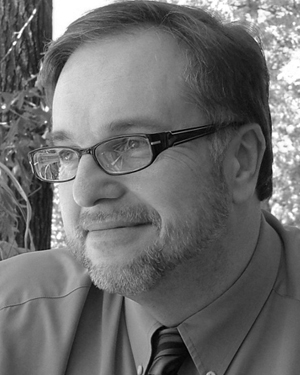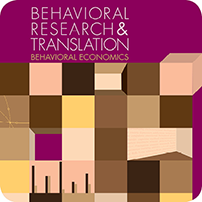Competing Neurobehavioral Decision Systems-View of Addiction and Other Health Behaviors


Warren K. Bickel, Virginia Tech Carilion Research Institute
Dr. Warren Bickel is a professor at the Virginia Tech Carilion School of Medicine and Research Institute and directs the university's Center for Substance Abuse. Dr. Bickel's research interests include translational research on dysfunctional decision-making and its repair as it applies to addiction and to health behaviors. Dr. Bickel strives to break new ground in understanding addiction and human behavior and has been a pioneer in the application of behavioral and neuroeconomics to the study of addiction. Dr. Bickel's research examines delay discounting, decision-making, reward processing, risk behavior, and the translation of the knowledge gained into effective addiction treatment programs. Dr. Bickel earned his Ph.D. at the University of Kansas and conducted his postdoctoral training at the University of North Carolina and Johns Hopkins University.
Abstract: Recently a new theory has been proposed to address addiction, referred to as the Competing Neurobehavioral Decisions Systems Theory. This hypothesis specifies that addiction results from hyperactive impulsive systems (associated with the limbic and para-limbic brain regions) and hypoactive executive systems (associated with the prefrontal cortex). This provides a new conceptual system by which to examine a variety of suboptimal behavior such as addiction, gambling, obesity, risky sexual behavior, and other risky health behaviors. In this presentation, data supporting this new theory will be reviewed as well as the implications for developing new interventions and initial observations regarding these candidate therapies.
*Supported by NIDA Grant 5R01DA024080.